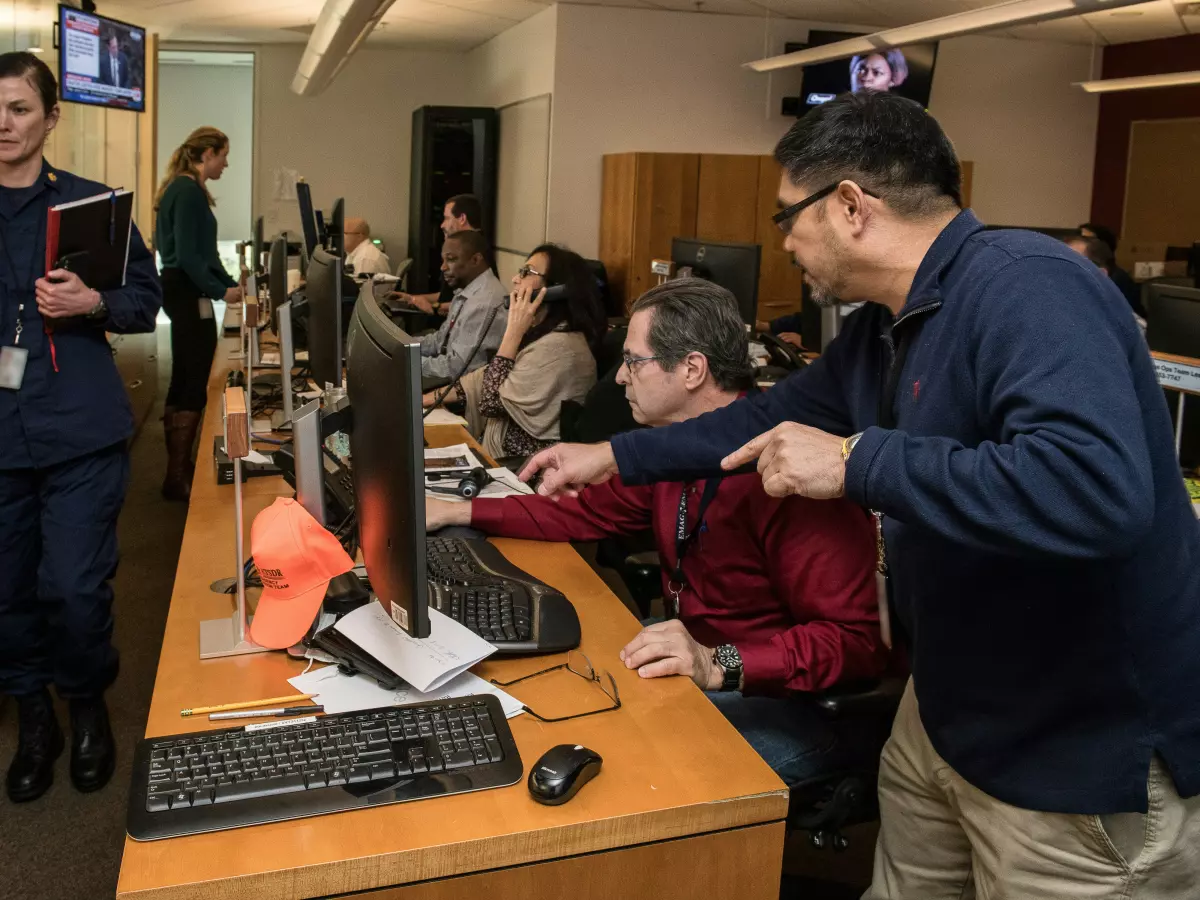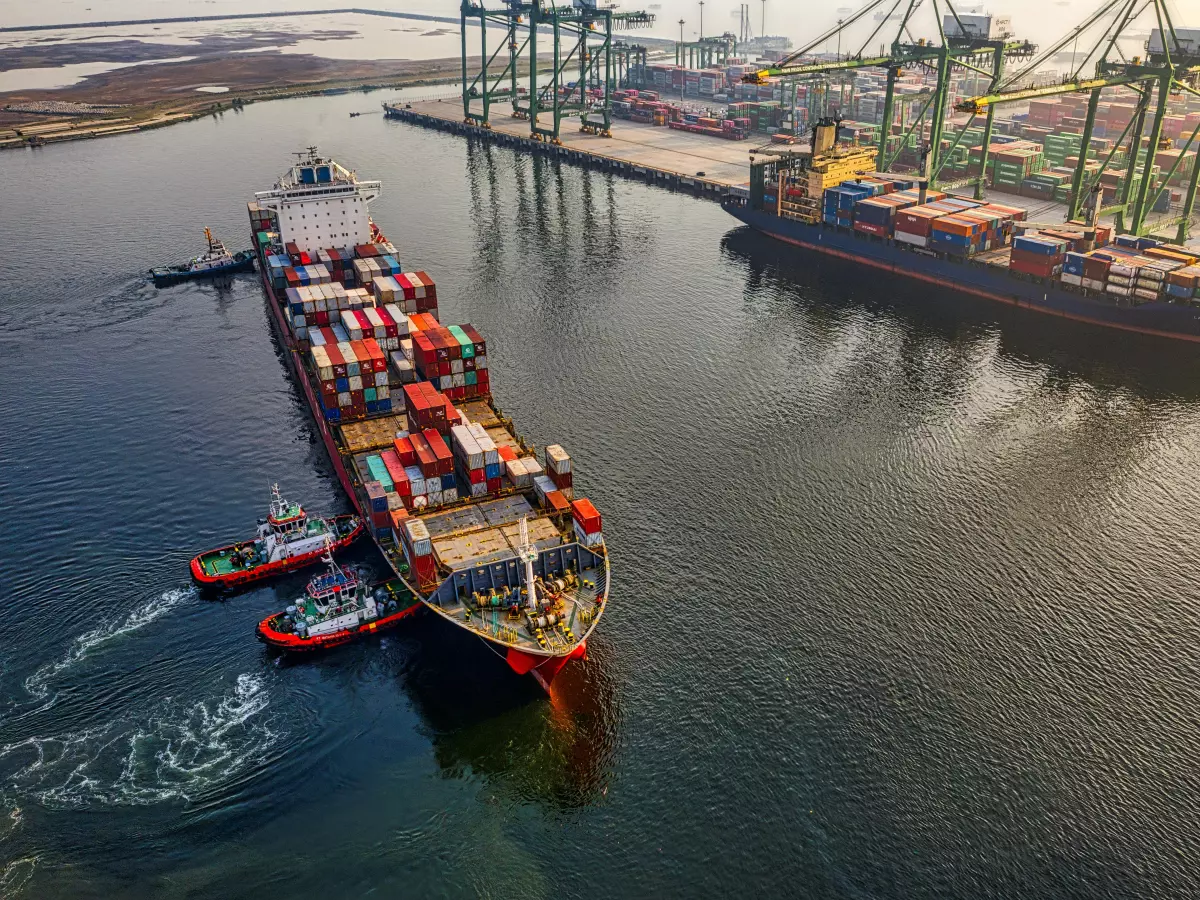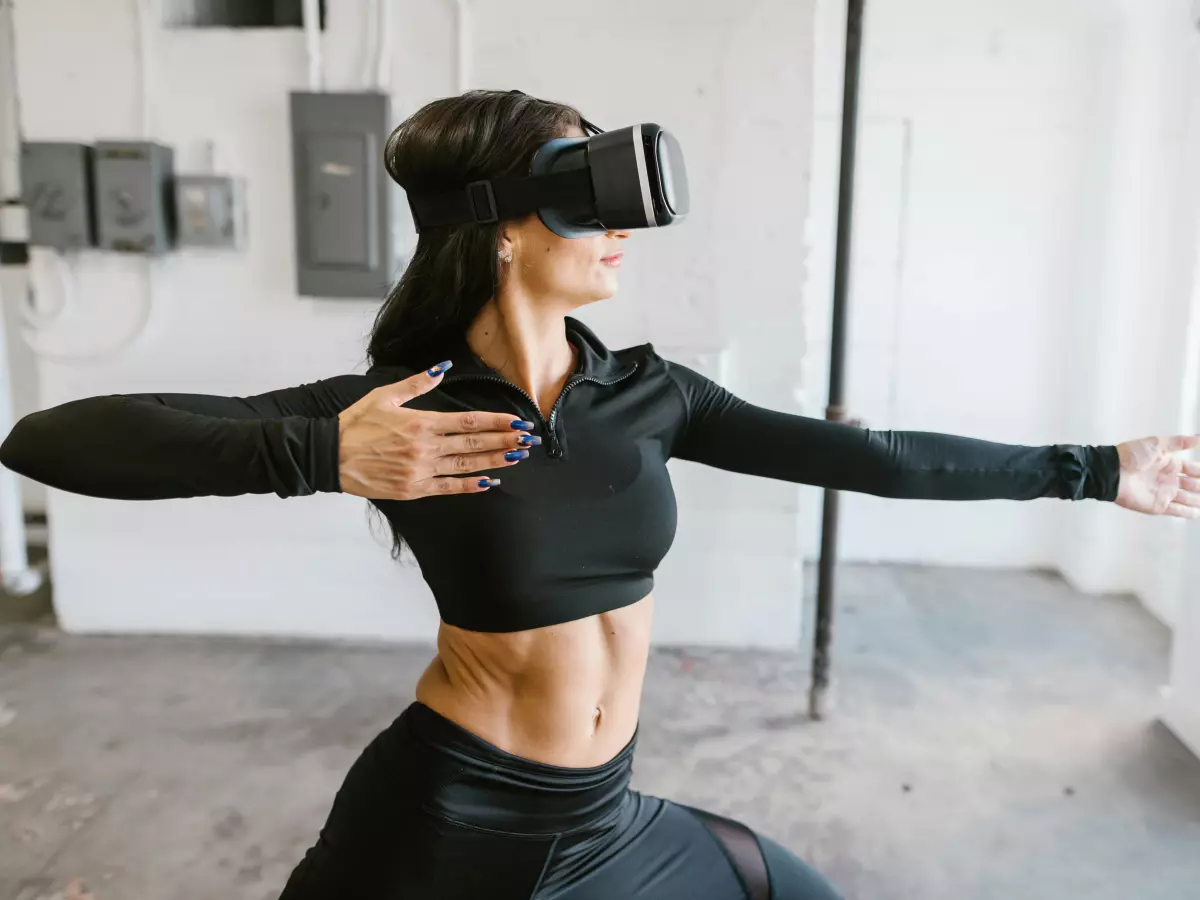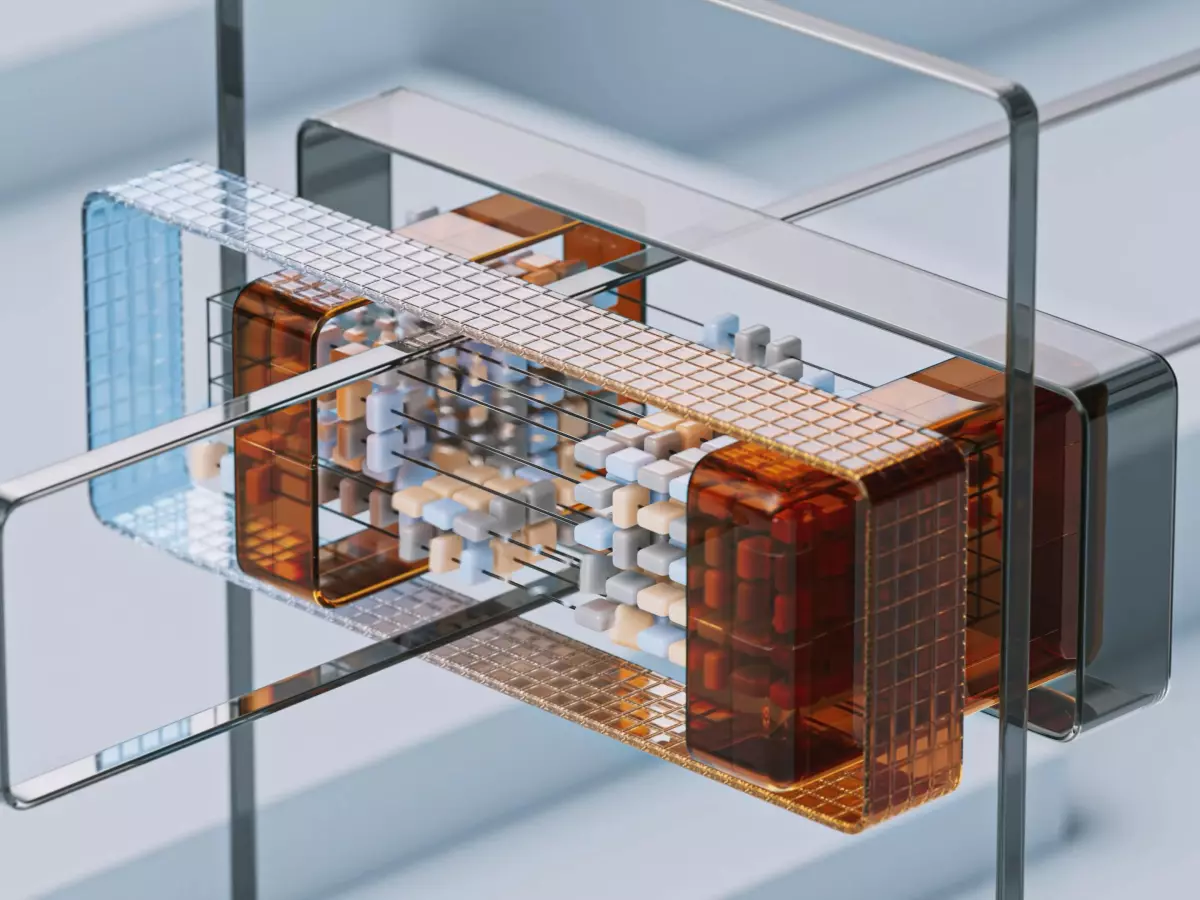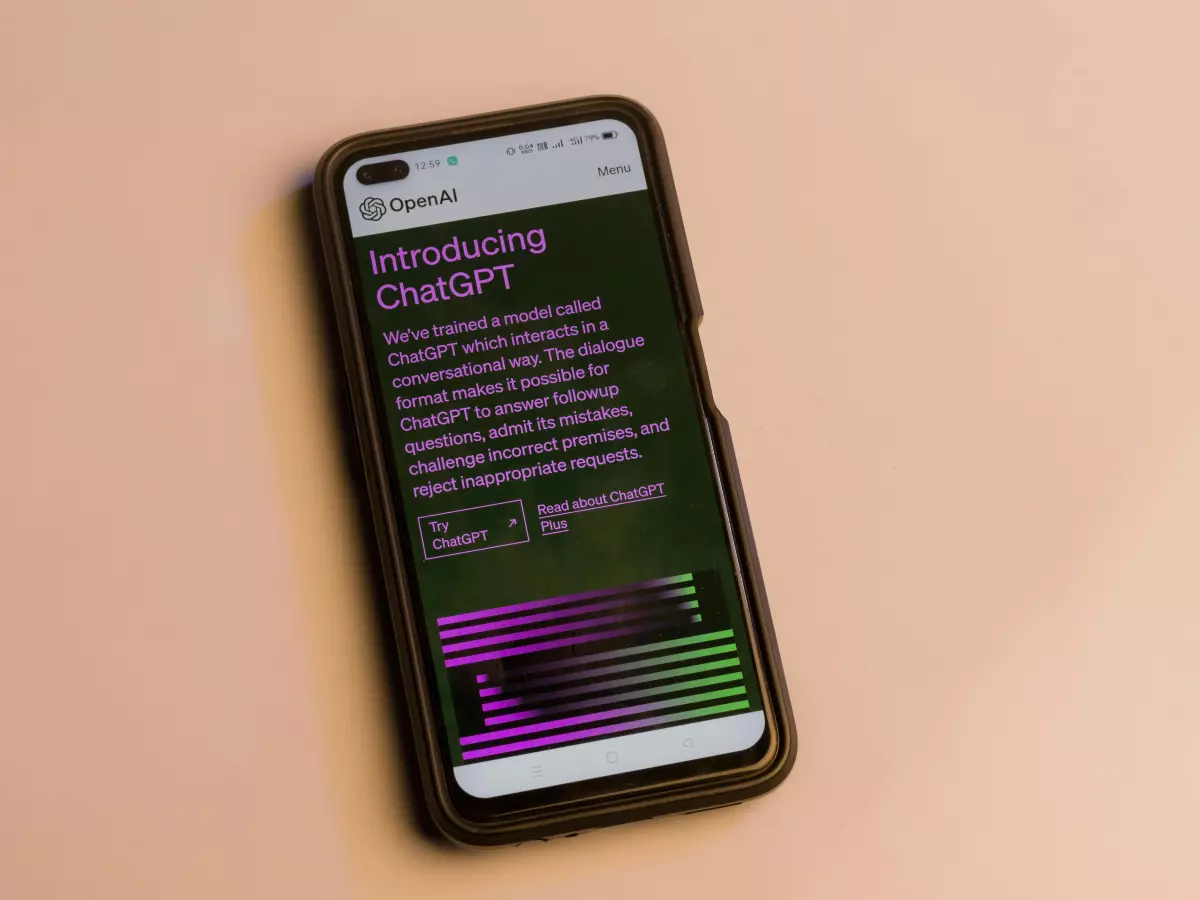AI's Creativity Problem
AI can outsmart us in chess, but when it comes to creativity, it's still playing catch-up. Why is that?
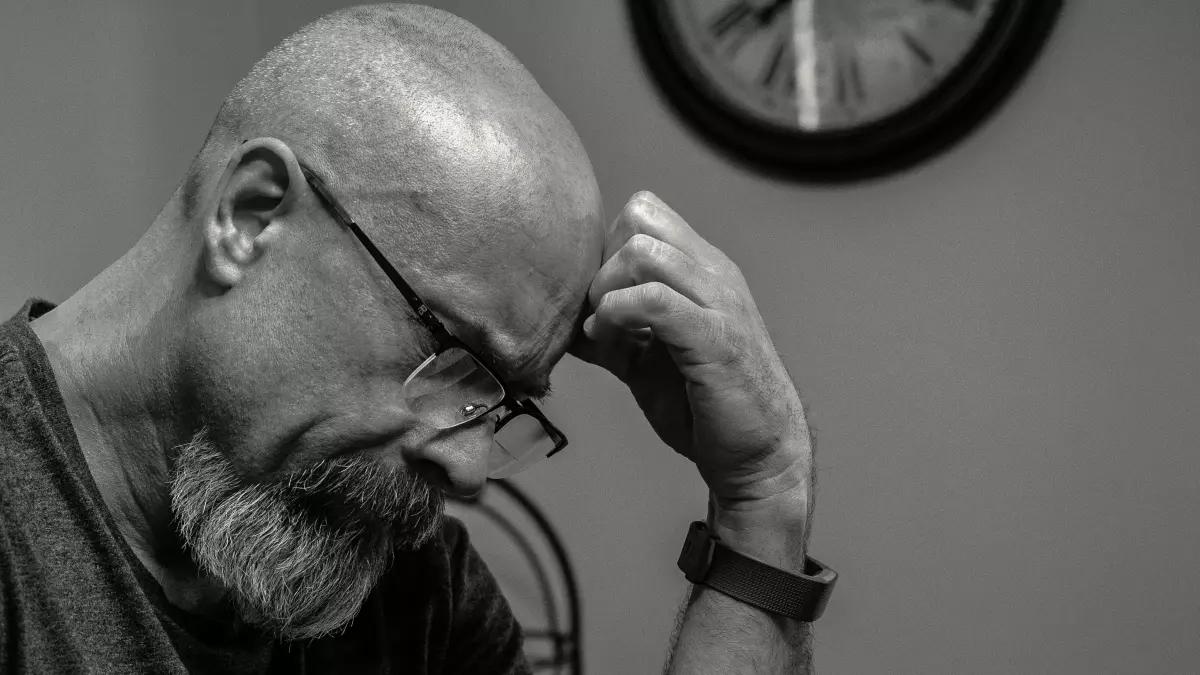
By Priya Mehta
Artificial Intelligence has come a long way. It can diagnose diseases, predict stock market trends, and even write code. But when it comes to creativity—whether it's painting a masterpiece, composing a symphony, or writing a novel—AI seems to hit a wall. Sure, we've seen AI-generated art and music, but let's be real: it lacks that human touch, that spark of originality. So, what's going on here? Why does AI struggle with creativity, and what does that mean for us?
First, let's get one thing straight: AI isn't 'thinking' the way we do. It's not sitting in a dark room, sipping coffee, and waiting for inspiration to strike. AI algorithms are designed to process data, recognize patterns, and make predictions based on that data. They're not designed to have 'aha!' moments or flashes of genius. In other words, AI is great at mimicking creativity, but it doesn't actually *create* in the way humans do.
Pattern Recognition vs. Original Thought
At its core, AI is all about pattern recognition. It can analyze thousands of paintings, songs, or poems and generate something that looks or sounds similar. But here's the catch: it's not creating something *new*. It's just remixing what's already out there. Think of it like a DJ spinning tracks at a party. Sure, the music is great, but the DJ didn't write the songs—they're just mixing them together in a new way.
Human creativity, on the other hand, often involves breaking away from patterns. We come up with ideas that have never existed before. We take risks, make mistakes, and sometimes stumble upon brilliance. AI, for all its computational power, doesn't do that. It sticks to the data it's been given, and while it can combine that data in interesting ways, it's not going to come up with the next Mona Lisa or Beethoven's Fifth Symphony.
The Role of Emotion in Creativity
Another key factor in human creativity is emotion. When we create, we're often expressing something deeply personal—our fears, hopes, dreams, and experiences. AI, however, doesn't have emotions. It doesn't know what it's like to fall in love, lose a loved one, or feel the thrill of victory. So, when AI generates art or music, it's missing that emotional depth that makes human creativity so powerful.
Take, for example, AI-generated music. Sure, it can produce a catchy tune, but it's not going to write a song that moves you to tears. Why? Because it doesn't understand what it's like to feel sadness or joy. It's just crunching numbers and spitting out a melody based on patterns it's learned from existing music.
AI's Role in Enhancing Human Creativity
Now, before you start thinking that AI is useless when it comes to creativity, let's pump the brakes. While AI may not be able to create in the same way humans do, it can still be a powerful tool for enhancing human creativity. For instance, AI can help artists and musicians come up with new ideas by generating suggestions or providing inspiration. It can also assist in the creative process by automating repetitive tasks, freeing up more time for humans to focus on the *big* ideas.
In fact, some of the most exciting developments in AI and creativity are happening in collaboration with humans. Think of AI as a creative assistant, not a replacement. It can help you brainstorm, refine your ideas, and even push you to think outside the box. But at the end of the day, it's still the human touch that brings true creativity to life.
What Does This Mean for the Future?
So, what does all of this mean for the future of creativity? Well, it's clear that AI isn't going to replace human artists, musicians, or writers anytime soon. But it *will* change the way we create. As AI continues to evolve, we'll likely see more collaboration between humans and machines, with AI serving as a tool to enhance, rather than replace, human creativity.
And who knows? Maybe one day, AI will surprise us all and come up with something truly original. But for now, it's safe to say that the spark of creativity still lies firmly in human hands.
In the end, AI's limitations in creativity might just be a good thing. After all, it's our ability to think outside the box, take risks, and express our emotions that makes us uniquely human. And that's something no algorithm can replicate.
So, the next time you hear about an AI-generated painting or song, remember: it's cool, but it's not *human*. And maybe, just maybe, that's what makes our creativity so special.
Funny story: I once asked an AI to write a poem about love. It came up with something about 'optimizing affection' and 'maximizing emotional output.' Not exactly Shakespeare, right?
